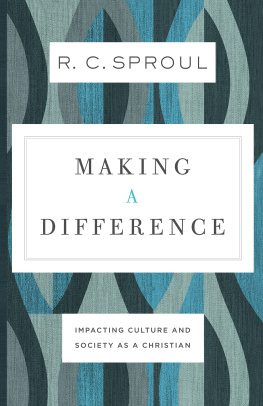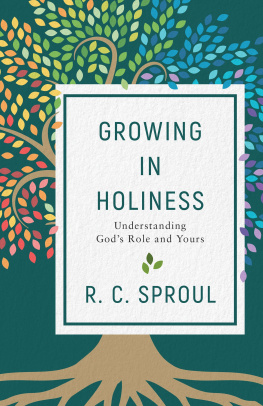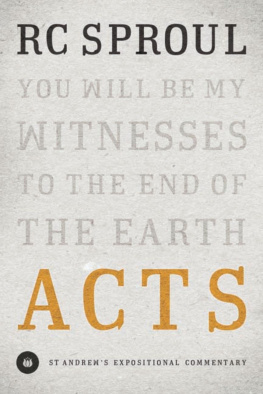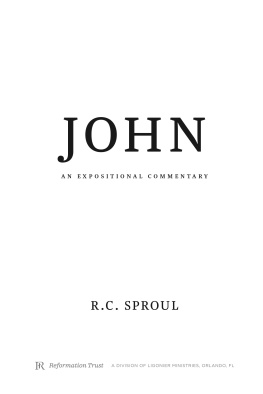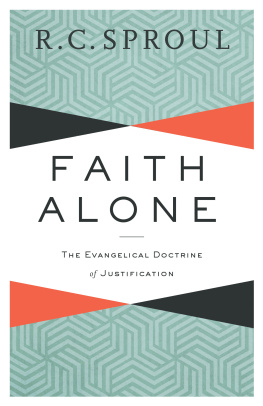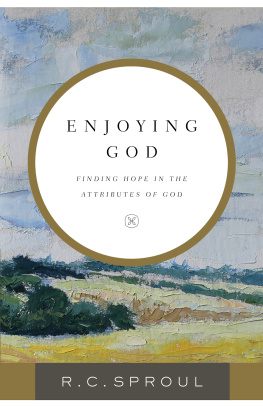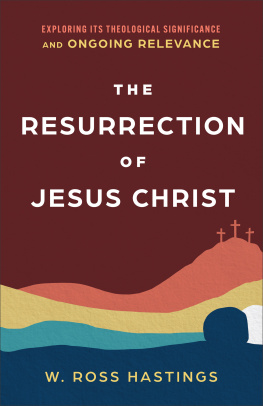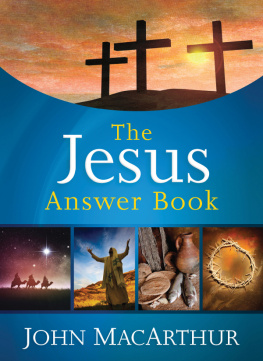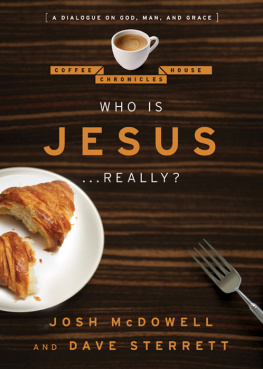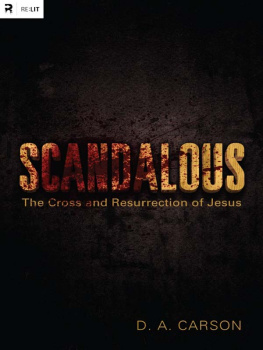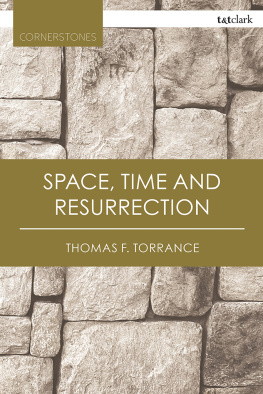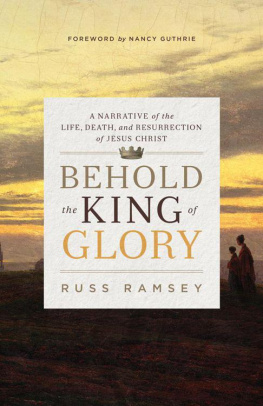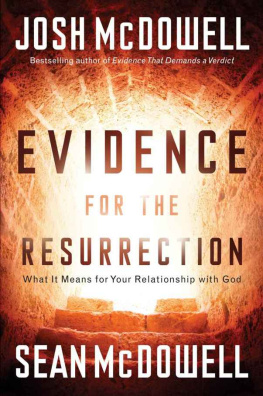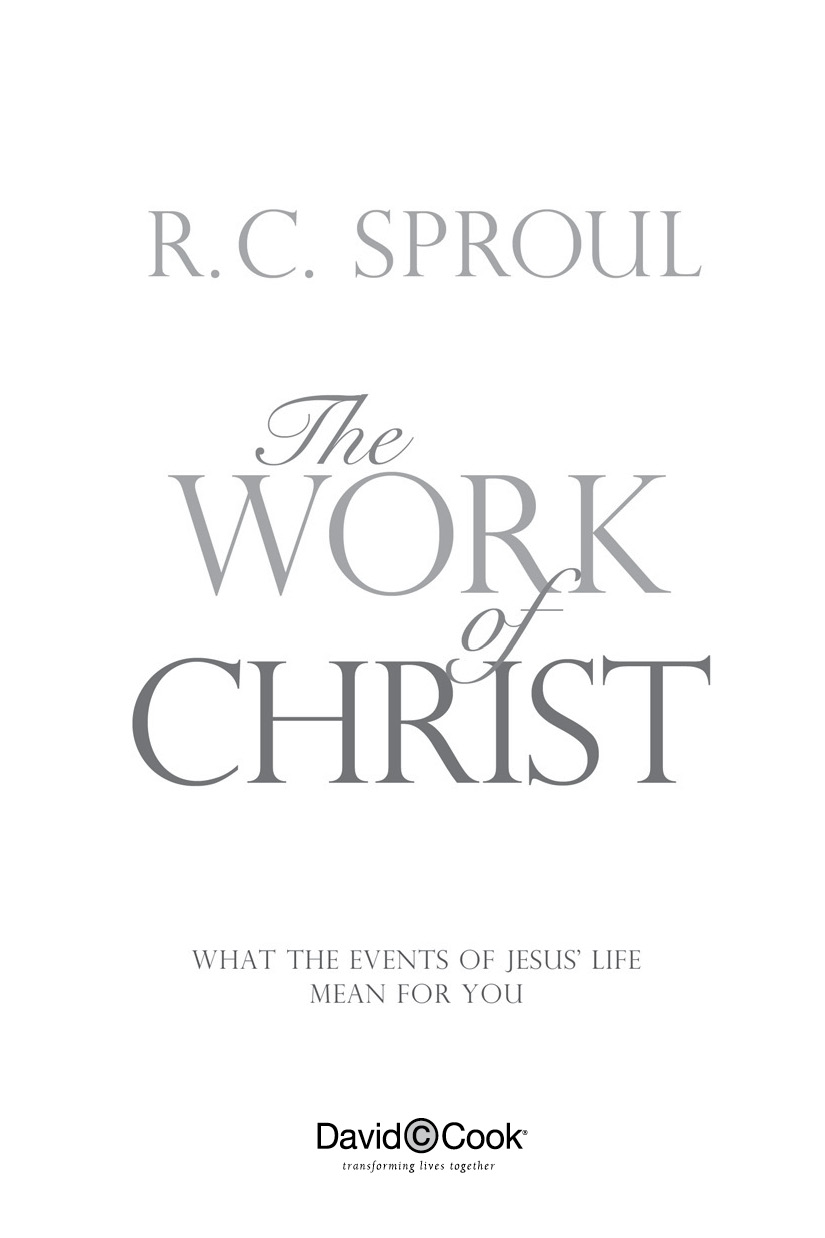
THE WORK OF CHRIST
Published by David C Cook
4050 Lee Vance View
Colorado Springs, CO 80918 U.S.A.
David C Cook Distribution Canada
55 Woodslee Avenue, Paris, Ontario, Canada N3L 3E5
David C Cook U.K., Kingsway Communications
Eastbourne, East Sussex BN23 6NT, England
The graphic circle C logo is a registered trademark of David C Cook.
All rights reserved. Except for brief excerpts for review purposes,
no part of this book may be reproduced or used in any form
without written permission from the publisher.
The website addresses recommended throughout this book are offered as a resource to you. These websites are not intended in any way to be or imply an endorsement on the part of David C Cook, nor do we vouch for their content.
Unless otherwise noted, all Scripture quotations are taken from the New King James Version. Copyright 1982 by Thomas Nelson, Inc. Used by permission. All rights reserved. Scripture quotations marked ESV are taken from The Holy Bible, English Standard Version (ESV), copyright 2001 by Crossway, a publishing ministry of Good News Publishers. Used by permission. All rights reserved; KJV are taken from the King James Version of the Bible. (Public Domain.)
LCCN 2012934255
ISBN 978-0-7814-0726-7
eISBN 978-1-4347-0494-8
2012 R. C. Sproul
Published in association with the literary agency of Wolgemuth & Associates, Inc.
The Team: Alex Field, Nick Lee, Renada Arens, Karen Athen
Cover Design: Amy Konyndyk
First Edition 2012
Contents
PREFACE
ANY SIX-YEAR-OLD CHILD WHO has spent a few Lords Day mornings in Sunday school is able to give an accurate answer to the question, What did Jesus do for you? Usually that child will say, Jesus died on the cross for my sins. Thats a true and profound statement, but it is only half of the matter.
If Jesus merely needed to die on the cross to save His people, He could have descended from heaven as a man on the morning of Good Friday, gone straight to Golgotha, died on the cross, risen, and left again. Our sin problem would be fixed. He did not need to be born to Mary in a stable, go through all the trials and tribulations of growing up in this fallen world, or endure the animosity of the Jewish leaders during His ministry.
However, Jesus did not live those thirty-three years for nothing.
In order for Him to qualify as our Redeemer, it was not enough for Him simply to go to the cross and be crucified. If Jesus had only paid for our sins, He would have succeeded only in taking us back to square one. We would no longer be guilty, but we still would have absolutely no righteousness to bring before God. So, our Redeemer needed not only to die, but also to live a life of perfect obedience. The righteousness that He manifested could then be transferred to all who put their trust in Him. Just as my sin is transferred to Him on the cross when I trust in Him, His righteousness is transferred to my account in the sight of God. So, when I stand before God on the judgment day, God is going to see Jesus and His righteousness, which will be my cover.
By His obedience, He redeemed His people for eternity.
It is important, then, that we not minimize the work of Christ throughout His life by focusing too narrowly on the work of Christ in His death. Thus, my purpose in this book is to give a brief overview of Christs sojourn in this world, looking at the major events of both His life and His death to show that He fulfilled a lifelong mission. It is my prayer that this book will help you see that by His whole life our Lord wrought a complete salvation for His beloved people.
R. C. Sproul
Sanford, Florida
October 2011
1
INCARNATION
IN THEOLOGY, WE MAKE a distinction between the person of Christ and the work of Christ for various reasons. But even though that distinction is important, we must never let it become a separation, because the person of Christ is intimately connected to His work. We understand His work largely from the perspective of the One who did the work. Conversely, the work of Jesus reveals a great deal about who He is. So, His person and His work may be distinguished but never separated.
In discussions of the work of Christ, many people believe that the natural place to begin is with His birth. However, the work of Christ began long before His birth. In fact, it began in eternity past, in what theologians call the covenant of redemption. We encounter the word covenant frequently in the Bible. A covenant is a pact or agreement between two parties. There is the covenant of creation, the covenant of works, and the covenant of grace. As we read through the Scriptures, we see God making covenants with Noah, Abraham, and David, and later making the new covenant. However, many people are not familiar with the very first covenant, the covenant of redemption. That was not a covenant God made with human beings. Rather, the covenant of redemption was a pact forged in eternity among the three persons of the Godhead.
We distinguish the persons of the Godhead as the Father, the Son, and the Holy Spirit. When we examine the Old Testament record of creation, we see that the entire Trinity, the whole Godhead, was actively involved in bringing the universe into being. But not only creation was a Trinitarian work; so is redemption. In eternity before creation, the Father initiated the concept of redeeming the creation He knew would fall. He designed the plan of redemption. The Son was given the assignment to accomplish that redemption. The Holy Spirit was tasked with applying Christs work of redemption to Gods chosen people. It is vitally important that we understand that this division of responsibilities did not involve any imposition by the Father or a struggle within the Godhead itself. Rather, the Father, Son, and Spirit made an eternal agreement that is known as the covenant of redemption. Under this covenant, the Father sent the Son, and the Son was absolutely delighted to carry out the mission the Father gave Him.
The Apostle Paul sketched out the scope of Jesus incarnation when he wrote, Therefore He says: When He ascended on high, He led captivity captive, and gave gifts to men. (Now this, He ascendedwhat does it mean but that He also first descended into the lower parts of the earth? He who descended is also the One who ascended far above all the heavens, that He might fill all things) (Eph. 4:810). So, the ministry of Jesus, which was crowned by His ascension to glory for His coronation as Lord of creation, began with His descent. He left His home in glory with the Father and the Spirit, and He came to this world by way of incarnation.
Likewise, at the opening of his epistle to the Romans, Paul identified himself as an Apostle called of God and set apart for the gospel of God, which, he said, was promised before through His prophets in the Holy Scriptures, concerning His Son Jesus Christ our Lord, who was born of the seed of David according to the flesh (1:23). Thus, Paul began his great exposition of the gospel and the work of Christ with a reference to Jesus being born as a descendant of David. This reference to Jesus birth brings us immediately to the concept of incarnation.
THE BIRTH OF THE INCARNATE ONE
That which is significant about the birth of Christ, that which we celebrate at Christmas, is not so much the birth as the incarnation of God Himself. An incarnation is a coming in the flesh. In the prologue of his gospel, John first distinguished between the Word and God: In the beginning was the Word, and the Word was with God (1:1a). Then, in the very next breath, he said that They are the same: The Word was God (v. 1b). Finally, at the end of the prologue, he wrote, And the Word became flesh and dwelt among us (v. 14a). In this incarnation, God did not suddenly undergo a metamorphosis into a man, so that the divine nature essentially passed out of existence or took on a new form. The incarnation was not so much a subtraction as it was an addition; the eternal second person of the Trinity took on Himself a human nature and joined His divine nature to that human nature for the purpose of redemption.
Next page

